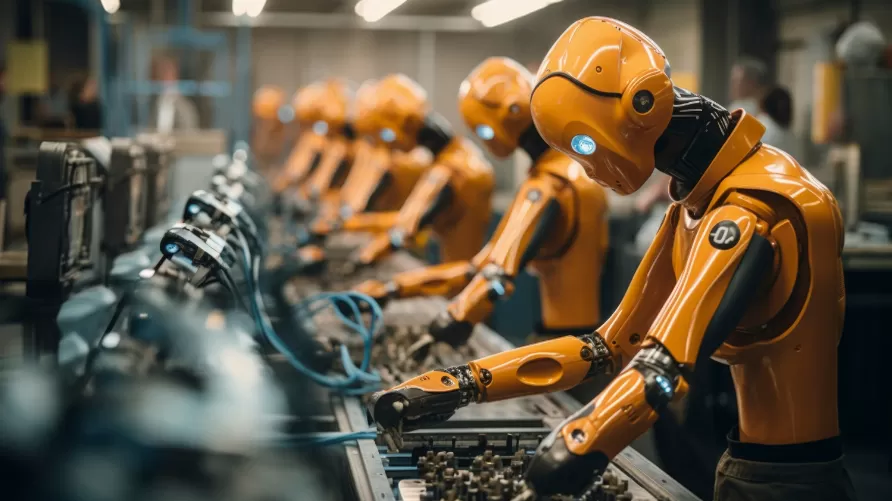To learn more in-depth about what is a reciprocating compressor, keep reading the following sections.
Understanding the Basics of Reciprocating Compressors
A reciprocating compressor is a type of positive displacement compressor that uses a piston within a cylinder to compress gas. As the piston moves back and forth, the gas is drawn in through an intake valve, compressed, and then discharged through an exhaust valve. These compressors are commonly used for applications involving high pressure, such as air conditioning systems, refrigeration, and food processing operations.
Reciprocating compressors are available in various configurations. These variations address the specific requirements of each application, considering factors such as pressure, temperature, and working environment. Additionally, these compressors can be oil-free or oil-lubricated, which impacts the maintenance requirements and overall efficiency of the compressor system.
When it comes to selecting a compressor for food manufacturing applications, it's crucial to select a compressor that is tailored to the specific needs and operating conditions. Doing so can ensure that the compressor operates efficiently and meets the demands of the production process without consuming excess energy or requiring frequent maintenance.
Applications of Reciprocating Compressors in Food Manufacturing

Reciprocating compressors are widely used in the food manufacturing industry due to their ability to produce clean, oil-free compressed air, which is a crucial factor for ensuring product quality and minimizing the risk of contamination. Some common applications of compressors in food manufacturing include product packaging, aeration of dough and batter in baking, and pneumatic transportation of food ingredients.
Compressed air is used in the packaging process for tasks such as sealing packages and inflating gas-filled packaging materials. Using a compressor ensures that the compressed air used is free from oil impurities, which could otherwise contaminate the product or compromise the integrity of the material. The use of oil-free compressed air also contributes to a cleaner working environment, reducing maintenance requirements and improving the overall sustainability of the food manufacturing facility.
Energy Efficiency and Sustainability in Food Manufacturing
Like all industries, food manufacturing is under increasing pressure to reduce energy consumption and enhance sustainability. Reciprocating compressors can play a significant role in achieving these objectives as they are known for their efficiency and ability to deliver compressed air without the need for oil lubrication.
Modern compressors often incorporate energy-saving features such as variable speed drives or variable load control, which can help to optimize energy consumption depending on the specific demands of the production process. Incorporating these advanced compressor systems into a food manufacturing operation can contribute to a more sustainable and energy-efficient facility.
Additionally, the use of oil-free compressors can reduce waste and pollution related to the disposal of used oil, thereby minimizing the environmental impact of the food manufacturing process and helping to maintain a cleaner and safer working environment.
Maintenance Considerations for Reciprocating Compressors in Food Manufacturing

Proper maintenance of a reciprocating compressor is critical for ensuring the efficient and reliable operation of the system. Regular maintenance activities should focus on inspecting and replacing components such as valves, gaskets, and piston rings, as well as monitoring system performance to identify any potential issues before they become more severe.
One significant advantage of oil-free reciprocating compressors is that they require less maintenance than oil-lubricated systems. Without the need for oil changes and the associated disposal of used oil, these systems can reduce maintenance demands and associated costs, contributing to a more efficient food manufacturing operation. However, it's essential to consult the manufacturer's guidelines and follow recommended maintenance schedules and practices for any reciprocating compressor system to ensure its optimal performance and longevity.
Overall, reciprocating compressors are a vital component within the food manufacturing industry, offering efficiency, flexibility, and reduced maintenance requirements when appropriately utilized. By understanding their function, benefits, and maintenance considerations, food manufacturers can optimize their production processes and contribute to a more sustainable and environmentally-friendly operation.






